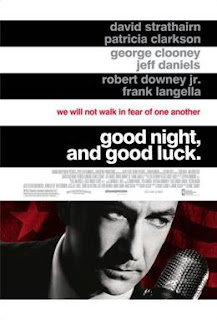In our class' presentations on early heroes in journalism, I was most inspired by Mary McBride. She was a radio host, free-lance magazine writer, and reporter / journalist. She used to write for the Cleveland Press, along with the new York Evening Mail for a few months each. Although her time as a reporter was short, she managed to make waves in the industry. As a magazine writer, her work appeared across many different magazine companies ranging from the Saturday Evening Post to Cosmo. She was also an extremely successful publisher in the 1920s - 30s, publishing books with authors like Paul Whiteman, Alexander Williams, and Helen Josephy.
Between the years of 1934 - 1940, McBride worked under a pen name, Martha Deane; with her daily program "Mary Margaret and Her Guests" airing on WOR radio station. Her show was just advice for women., and grew a great audience in appreciation of her grandmotherly kindness and cleverness. I found this very interesting, as her radio show name is her actual name, but she is speaking under an alias. Why is that? And at the same time, she had a different weekly radio program where she did use her given name. It switched off being broadcast from NBC, CBS, and ABC. The audience for this show particularly enjoyed her off-the-cuff commentary and celebrity interviews. It was also impressive because her target listeners were primarily women, but she managed to reach a male audience.
To conclude, I found Margaret McBride to be extremely interesting as I haven't really been focusing on any radio personnel in class, but rather primarily journalists. I loved learning about how she made switches from different types of reporting and was able to multi-task throughout her life. She proved to be a very influential voice in the radio world, breaking down barriers for women in this field. Her approach to daytime radio programming made it possible to make a profit without drama and soap opera fare. She was an uplifting, inspiring figure for women in the way she spoke opposed to others. She treated her audience with respect, no matter what society viewed them as, and it paid off as her audience was estimated to be over eight million people at it's height.







.webp)


